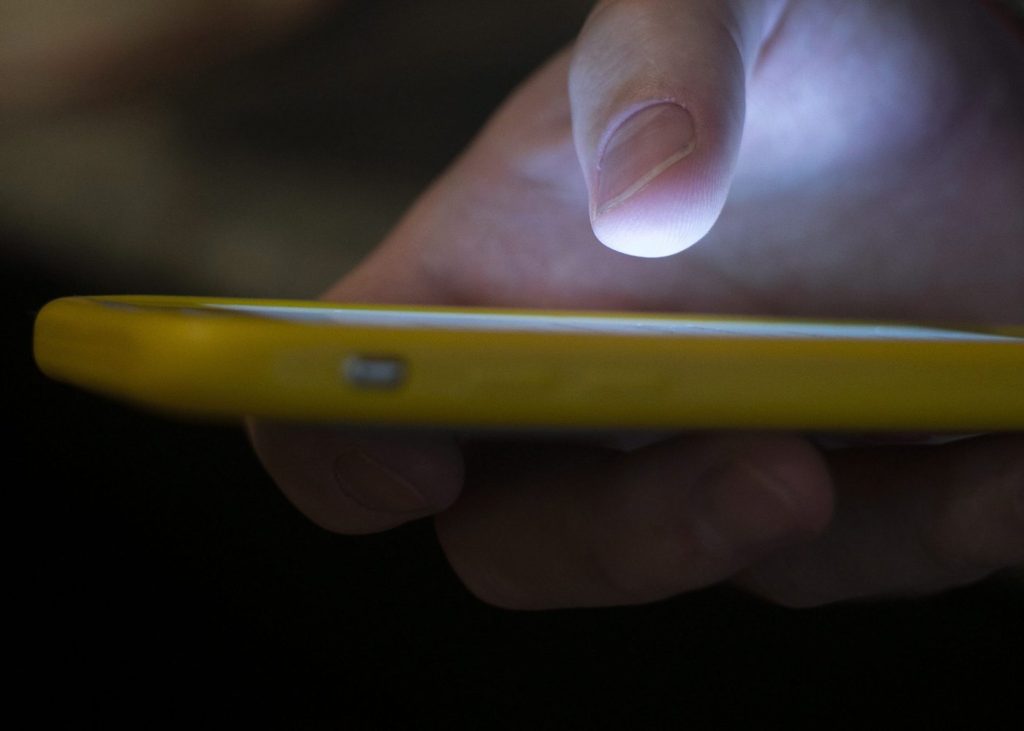988 suicide helpline takes more than 300K calls, texts in its first year

TORONTO — Slinder Bhatti remembers what a crisis helpline did for her many years ago.
“I was a young adult and I was having my own struggles,” she said.
“I remember feeling like I had no one to talk to.”
Advertisement
She walked into a pay phone booth and was able to remember the number of a crisis line. The woman on the other end of the call “just let me speak.”
“At a time when I felt like nobody could possibly understand what I was feeling or experiencing … and that nobody could possibly help me, she was able to help me and that was all I needed to see some light in my situation and to feel like I was going to be able to actually cope,” Bhatti said.
Bhatti is now the executive director of Chimo Community Services in Richmond, B.C., one of 38 partners across the country that run the national 988 suicide helpline with the Centre for Addiction and Mental Health in Toronto.
Since 988 was launched a year ago by the Public Health Agency of Canada, responders have fielded more than 300,000 calls and texts, CAMH said. The helpline runs 24 hours a day, seven days a week, and is staffed by more than 2,000 responders.
“We will not turn anybody away,” Bhatti said, noting that having “three simple digits” to remember is invaluable for someone who is struggling or if they’re worried about someone else.
Advertisement
Ya’ara Saks, federal minister of mental health and addictions, said “the numbers speak for themselves.”
“Three hundred thousand calls and texts over the last year, which meant that 300,000 times where a Canadian felt they needed help in a moment of crisis, there was someone on the other end to help them,” she said Wednesday.
Dr. Allison Crawford, a psychiatrist at the Centre for Addiction and Mental Health who is the chief medical officer for the 988 helpline, said she expects those numbers to grow in the coming years as more people become aware of the service.
“The most important thing is that people know they can reach out at any time,” Crawford said.
“There’s no limit to how many times they can get in touch. We have a whole range. We have people who call for the first time, we have people who call back if they need support. And we also — with people’s consent, if we’re worried about them — then we offer followup as well.”
Advertisement
It’s critical that responders answer the calls or texts quickly so someone needing help doesn’t give up, Crawford said.
The average wait time in October was 44 seconds for phone calls and one minute and 47 seconds for texts — a response time she said they are continually working to improve.
Calls and texts are routed to the closest available responder so they can help people find more resources in their local community if they need further assistance.
Bhatti said the need for help generally tends to spike around certain times, including the upcoming holiday season.
Although 988 is a suicide helpline, it’s there for anyone who is struggling to cope and there is no wrong reason to call, she said.
Advertisement
”When you do feel hopeless or helpless and in this dark space … it’s almost like a stuckness,” Bhatti said.
“Those thoughts of self-harm may not necessarily be very vivid to you, but there is a feeling of ‘I have nowhere to go from here. I don’t know what to do.'”
The 988 helpline launched on Nov. 30, 2023, with $177 million in funding from the Public Health Agency of Canada for the first three years of the program.
Saks said the federal government will “undertake a comprehensive review so that we can create a long-term funding mechanism for the line.”
“We are fully committed to having this as a long-term program because we know that we need it.”
Advertisement
This report by The Canadian Press was first published Nov. 27, 2024.
Canadian Press health coverage receives support through a partnership with the Canadian Medical Association. CP is solely responsible for this content.
Nicole Ireland, The Canadian Press
